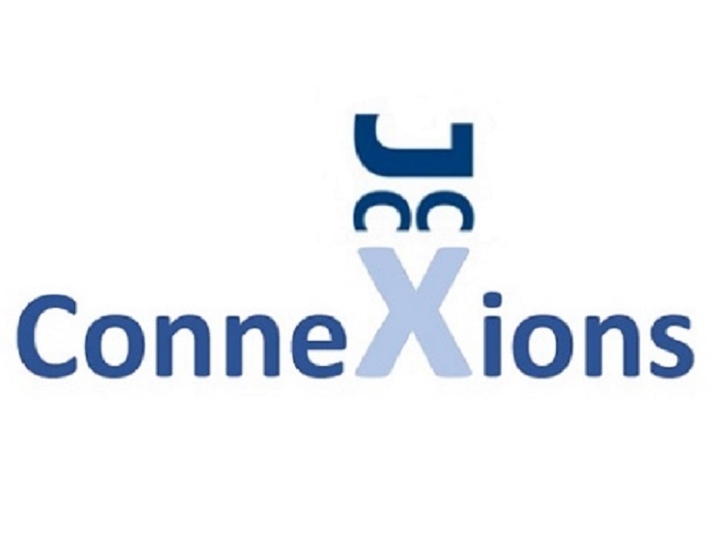
JCC Connexions, Vol. 8 No. 2
May 1, 2022
May 2022, Vol. 8, No. 2
Why Use the Four Component Model to Examine Moral Character Development in College? Critical Conversations #29
Patricia M. King, University of Michigan, and Tim Sparks, Marine Corps University
In "An Examination of Students’ Moral Character Experiences Using the Four Component Model and Self-Evolution Theory" (Journal of College & Character, vol. 23, no. 2, May 2022), the authors introduce the four component model (FCM), which describes both the internal processes that play distinct roles in the production of moral behavior and their associated sets of relevant, teachable skills.. Read More.
Questions Relating to Moral Development: JCC, May 2022
Pamela C. Crosby, Co-Editor, Journal of College and Character
Here are some important questions that relate to moral development that are explored in articles in the May 2022 issue (vol. 23, no. 2 of the Journal of College and Character. Read more.
Lessons in Moral Development Learned From a Sabbatical Adventure
Fighting Fire With Fire
Peter Mather, Ohio University
“The world is on fire.” This was the first line of a journal reflection I drafted last summer while traveling and camping in the mountain states of Colorado, Wyoming, Idaho and Montana. Many campgrounds were closed, mountain views were obscured by smoke, and air quality was compromised due to the forest fires ravaging the region. These realities highlighted one of our planet’s most significant concerns: climate change.. Read more.
Critical Religious Studies in Higher Education
The Importance of Sharing RSSI Positionality in Research
Jenny L. Small, Salem State University
I have recently been exploring the question of religious, secular, and spiritual identity (RSSI) disclosures in research positionality statements. In tenet 7 of my Critical Religious Pluralism Theory (CRPT) I urge scholars to promote the writings of those who are marginalized in terms of RSSI, so that these authors can be lifted up and centered in the work toward religious pluralism, justice, and equity (Small, 2020, p. 62). In order to do so, scholars must know which authors hold these identities, and the most straightforward way to make this information known is through author self-disclosure.. Read more.
Engaging Civic Religious Pluralism
Human Nature and the Project of a Diverse Democracy
Becca Hartman-Pickerill Interfaith America
Civic religious pluralism is not a given; that religiously diverse people and communities would live together and build a shared society is a daily achievement. At Interfaith America (formerly Interfaith Youth Core), this term relies on a three-part definition: respect for religious and nonreligious identities, mutually inspiring relationships, and common action for the common good. Read more.
Fostering Moral Development
The Conversations
Alan Acosta, University of Massachusetts Medical School
I cannot imagine how we can teach our students to change the world if we do not encourage them to engage in difficult discussions with people who do not agree with them on every issue. I feel like our students are looking to us as professionals to model the way in how to interact with others who do not share our beliefs. I feel like we have a responsibility to try and educate them in this important way.. Read more.